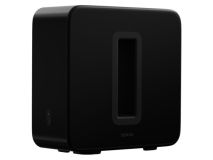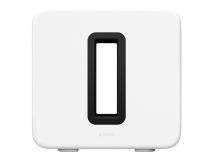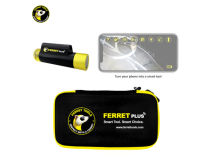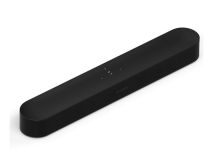With speakers installed in the ceiling, the integrity of a plasterboard or suspended ceiling can be compromised to offer only 4 minutes of fire protection.
Results in simulated fire tests carried out by the British building research team show that from the initial ignition of a fire in a typical lounge, the fire can reach 350°C in just 3 minutes. Within this time the ceiling surface can be alight, with flames penetrating into the light and speaker fittings. A standard in-ceiling speaker of plastic construction lasts for around 40 seconds at these temperatures, giving little or no protection to the ceiling void into which it is installed.
It is a legal requirement for all in-ceiling speakers that are installed below any habitable rooms or means of access or escape. A standard two storey house will require all the ground floor speaker locations to have hoods fitted. If a house has three storeys, you will need hoods on all ground floor speaker and first floor speaker locations to correctly comply with the regulations.
Hoody™ speaker hoods are designed to restore the integrity and fire protection required by British Standards. They reinstate the integrity of the original ceiling as if the ceiling speakers had not been installed. They do this by swelling and increasing in volume when exposed to extremes of heat.
Hoody™ speaker hoods have undergone fire resistance tests employing the general procedures and criteria of BS476 Part 22, 23 and 23 (Clause 5 1987) in various ceiling and floor constructions.
Acoustic Insulation
Hoody™ speaker hoods can also be used in areas that require good insulation of sound, such as businesses and shops below residential apartments and between the floors of residential properties. Whilst the hoods will not totally eliminate the transfer of sound to adjacent rooms, they do reinstate the acoustic properties of a plasterboard ceiling as if the ceiling speakers had not been installed.
Only Hoody™ speaker hoods have passed all relevant British Standards tests on all types of ceilings, complying with Document B and E (acoustic requirements) of UK Building Regulations and the revised 17th Edition IEE Regulations. They have also been tested to NEN 6069 (1997)
Hoody™ will also stop a large amount of backwards sound leakage from the speakers to the rooms above its location, making in-ceiling speaker installation below a child's bedroom, for example, achievable.
Loft Insulation
The latest loft regulations require more heat insulation to be installed in both domestic and commercial buildings, so the Hoody™ speaker hoods have been made strong so you can lay insulation material over the top, or cut and fit it around the hood. The cover meets the thermal requirements of Document L of UK Building Regulations.
Specifications:
Hoody™ meets all the UK building and IEE Regulations, is especially designed for in-ceiling speakers, and features a fire rating of up to 66 minutes. It is Parts B,L,C and E compliant.






